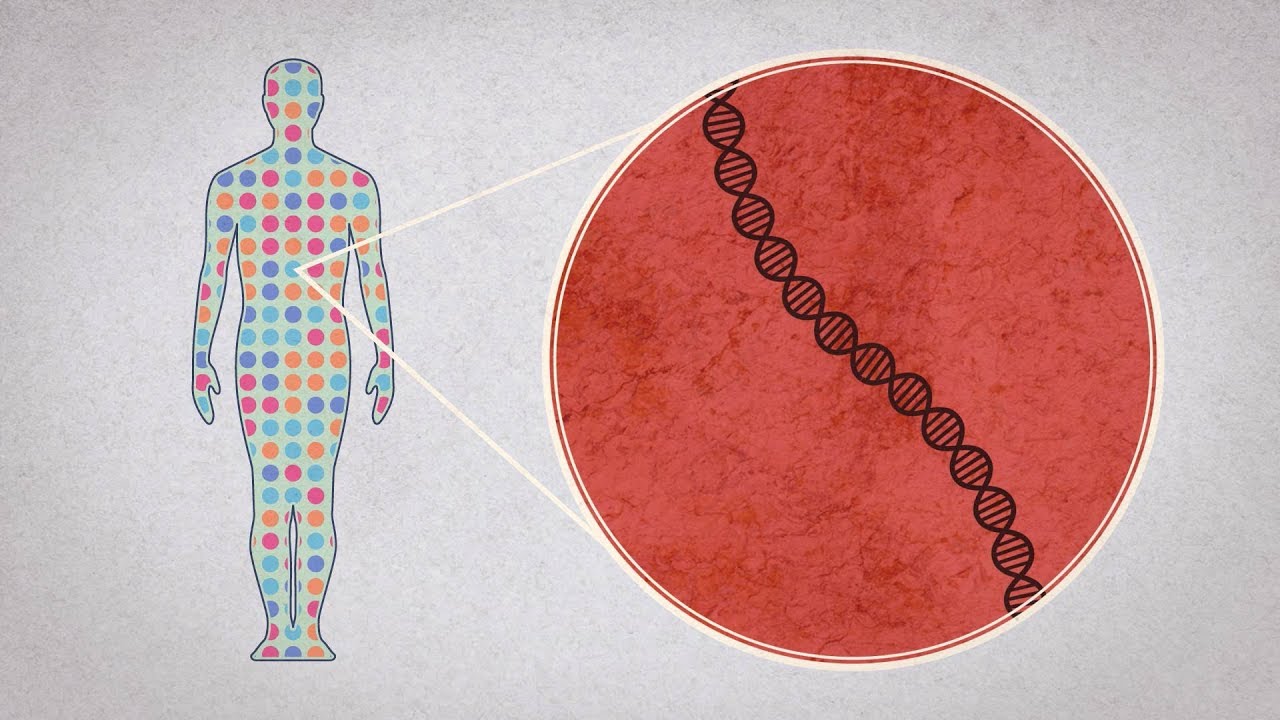October 30, 2019
Genome Sequencing as a part of Brain Cancer Treatment

DNA tests have become more and more popular to determine hereditary traits, ancestry, food sensitivity, and even to find out your dog’s exact breed. Now, some doctors are using genome sequencing as a more common practice to help treat brain tumors and brain cancer.
What is a genome?
A genome is the complete set of genes or genetic material present in a cell or organism.
What is genome sequencing?
Genome sequencing is determining the order of DNA bases (As, Ts, Cs, Gs) that make up an organism.
What are the benefits to genome sequencing?
Genome sequencing can help determine a targeted therapy for tumors or cancer treatment based on a patient’s specific genetic make-up. A certain gene mutation could determine a better course of treatment for one patient versus another. For tumor genome sequencing, both tissue from the tumor and healthy tissue is taken during surgery or a biopsy so the genetic make-up can be compared.
Making Genome Sequencing Part of Standard of Care
In collaboration with other institutions, the University of Michigan’s C.S. Mott Children’s Hospital is leading studies of the benefits of genome sequencing for pediatric cancer cases, and especially for brain cancer. “Brain cancer is the leading cause of cancer death among children. We have to shift the paradigm in how we manage these cases. Younger patients with high risk or relapsed brain cancer urgently need novel effective therapies based on the unique biology of each child’s specific tumor,” Carl Koschmann, M.D.
It is a large task to commit to genomic testing, but the results can isolate genetic mutations that could be helping the cancer grow, and could help determine a better treatment plan specific to each patient.